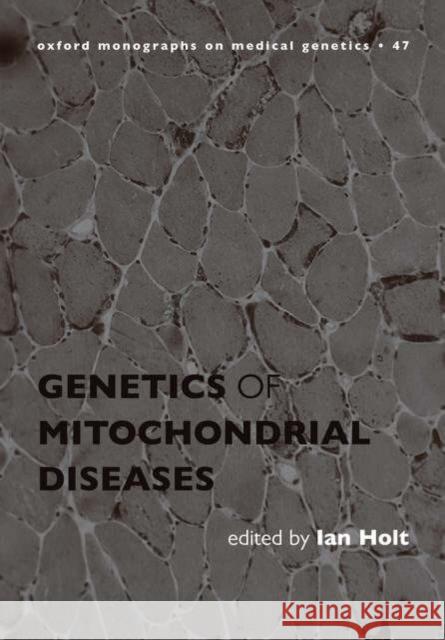Genetics of Mitochondrial Diseases » książka
Genetics of Mitochondrial Diseases
ISBN-13: 9780198508656 / Angielski / Twarda / 2003 / 376 str.
Molecular genetics has revolutionised our understanding of human disease and nowhere is this more apparent than the group of diseases caused by mitochondrial dysfunction. The concept of mitochondrial diseases dates back only as far as the 1960s, and they were given little credence until mutations in mitochondrial DNA were found in the late 1980s. This international, edited book summarises the advances in human mitochondrial genetics made over the past decade and a half. During that time, numerous mutations of mitochondrial DNA have been discovered and more recently mitochondrial diseases have been linked to a number of nuclear gene mutations. Although individually rare, mitochondrial diseases collectively represent a common cause of genetic disease. They have myriad effects and often manifest as common disorders such as diabetes, cardiac dysfunction and neurodegenerative disease. Effective treatments are unlikely to be found for some time for the vast majority of mitochondrial disorders and so pre-natal diagnosis and genetic counselling are of primary importance in the management of mitochondrial disease. In order to make sense of the diversity of mitochondrial disease the reader is first treated to a review of mitochondrial DNA metabolism and normal mitochondrial function. The core of the book details specific mitochondrial and nuclear mutations and the diseases they cause, whilst at the same time providing further insight into mitochondrial function. Later sections assess the role of cellular and animal models in advancing our understanding of mitochondrial diseases and the prospects for novel therapeutic strategies to combat these enigmatic disorders. Mitochondrial diseases are an increasingly recognised cause of inherited disease, most clinicians are now aware of this group of disorders. This book will also appeal to scientific and medical geneticists, and to registrars who encounter this group of diseases in the clinic.











